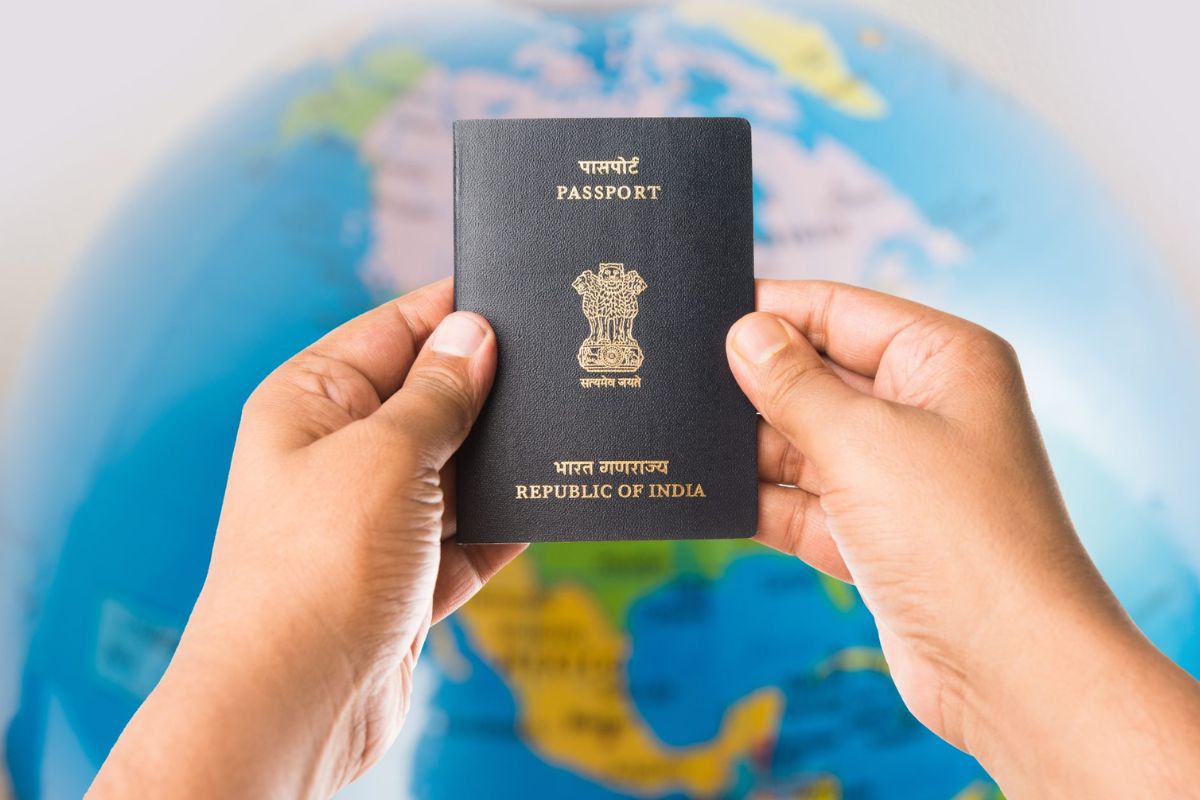
For countless Indian entrepreneurs settled abroad, fostering stronger business ties with their homeland would be a boon. But one obstacle looms large: the lack of dual citizenship in India.
At the recent TAKEPRIDE 2023 summit, this burning question resurfaced, prompting a candid response from Union External Affairs Minister S Jaishankar. While acknowledging the “demand” for dual citizenship, Jaishankar highlighted the complexities involved.
He cited “economic and security challenges,” questioning which countries with significant Indian populations would be eligible for such a scheme. This sensitive issue, he admitted, remains a topic of ongoing debate.
Understanding Dual Citizenship and its Implications
Dual citizenship, as the name suggests, allows individuals to hold legal status and passports of two or more countries simultaneously. This translates to a range of benefits:
For countless Indian entrepreneurs settled abroad, fostering stronger business ties with their homeland would be a boon. But one obstacle looms large: the lack of dual citizenship in India.
At the recent TAKEPRIDE 2023 summit, this burning question resurfaced, prompting a candid response from Union External Affairs Minister S Jaishankar. While acknowledging the “demand” for dual citizenship, Jaishankar highlighted the complexities involved.
He cited “economic and security challenges,” questioning which countries with significant Indian populations would be eligible for such a scheme. This sensitive issue, he admitted, remains a topic of ongoing debate.
1. Enhanced mobility and visa-free travel: Dual citizens can seamlessly navigate between their adopted and native countries, eliminating visa hassles.
2. Work and business opportunities: Holding passports of two nations often opens doors to wider employment and entrepreneurial opportunities.
3. Social and legal rights: Dual citizens typically enjoy all the rights and privileges associated with both nationalities, including access to social security, healthcare, and property ownership.
However, dual citizenship isn’t without its own set of complexities. Tax implications, potential loyalty conflicts, and varying voting rights across nations are just some of the considerations.
The Indian Landscape: OCI vs. Dual Citizenship
India currently doesn’t permit dual citizenship. However, recognizing the needs of its diaspora, the government introduced the Overseas Citizenship of India (OCI) program in 2005. The OCI card grants numerous benefits, including:
- Multiple entry, lifelong visa for visiting India: OCIs can stay in India for an indefinite period without requiring additional visas.
- Business and investment rights: OCIs can register companies and own property in India, facilitating business ventures.
- Educational opportunities: OCI cardholders’ children can avail of educational benefits at par with Indian citizens.
While OCI significantly eases travel and engagement with India, it falls short of true dual citizenship in key aspects:
- Voting rights: OCIs cannot vote in Indian elections.
- Political participation: They are ineligible to hold public office in India.
Challenges and Possibilities
Jaishankar’s acknowledgement of the ongoing debate on dual citizenship suggests a potential shift in perspective. However, navigating the economic, security, and logistical complexities associated with such a move will require careful consideration.
Some potential solutions include
- Phased implementation: Granting dual citizenship to specific countries or categories of individuals initially, followed by a gradual expansion.
- Strict eligibility criteria: Implementing stringent background checks and requirements to ensure national security and prevent misuse.
- Open dialogue and public engagement: Fostering transparent discussions with the Indian diaspora and addressing concerns regarding potential implications.
Final Words
Ultimately, the decision on whether or not to grant dual citizenship rests with the Indian government. While challenges abound, the increasing demand from its globally dispersed citizens cannot be ignored. Striking a balance between national interests and the aspirations of its diaspora will be key in determining the future of dual citizenship in India.
